The Middle East and North Africa are among the world’s most vulnerable regions to the effects of climate change. Mundolatas sat down with Sandrine Duquerroy-Delesalle, Director of Sustainability and External Affairs at Crown Bevcan EMEA, to discuss current challenges and opportunities in the region from a sustainability perspective.
ML: What are some of the steps Crown has taken to promote sustainability in the MENA region?
One of the key elements we are focusing on right now in the Middle East is the recycling of beverage cans, as all our plants in the region are dedicated to the production of this metal container format. As part of our efforts, we engage with waste operators, our customers and the entire supply chain to increase can collection among consumers. One of our main objectives in this phase is to gain a better understanding of recycling rates and waste management infrastructure. The first step is to establish a baseline and better gauge how waste operators approach the collection of recyclables. We are aware that some of them have selective collection, i.e. they collect at each building, etc. However, there are now some recycling centers in Dubai where people can also bring their recyclable waste, such as aluminum cans and plastic bottles. However, there is nothing standardized. In my opinion, this lack of consistency in the collection of recyclable packaging is the main concern in the Middle East at the moment. I believe that real change can only be achieved with close collaboration across the supply chain and the industry as a whole.
ML: Can metal packaging help producers in the Middle East and North Africa accelerate the development of a circular economy?
The green credentials of metal packaging and its superior properties in terms of product preservation and food safety are key to creating a sustainable economy. Metal packaging is 100% and infinitely recyclable, so it fits perfectly into a circular model, where products and materials are kept in use and conserved, and waste is eliminated. In fact, recycled aluminum cans may be back on store shelves as new beverage cans in as little as 60 days. Aluminum beverage cans are already the world’s most recycled beverage container, with a global average recycling rate of 69%, and contain the highest recycled content of any competing format. These qualities help drive consumer preference for metal beverage cans.
With sustainability goals gaining priority on business agendas, metal packaging can help food and beverage producers in the MENA region reach their targets faster, advance circularity and align with government guidelines. The superior green credentials of metal packaging also make it an ideal format to appeal to consumers seeking more sustainable consumption patterns and habits.
The most important thing is to raise awareness among businesses and consumers about recycling practices and infrastructure. With the right education and infrastructure, metal packaging can play a key role in the region’s transition to a more circular economy.
ML: What can food and beverage manufacturers in the MENA region do to drive it towards a greener future?
Last year, we met with industry leaders from across the region at the latest edition of the Future Food Forum in Dubai (UAE) to delve into the challenges and opportunities amid a shift toward greener and more sustainable business models. Recognizing the importance of addressing climate change, the UAE government issued a circular economy roadmap for 2021 to 2031, calling on local governments, the private sector and citizens to work together towards a sustainable consumption and production model. In addition, environmental initiatives in the Middle East and North Africa region are under review following COP27 of the United Nations Climate Change Conference, which took place in Egypt in November 2022, and in light of COP28, to be held in Dubai (UAE) in 2023.
There is no doubt that there is momentum in the Middle East to drive the transition to a circular economy. As one of the largest metal packaging suppliers in the Middle East and North Africa, Crown is proud to support local food and beverage manufacturers on their journey towards sustainability.
To do our part, we continually leverage the power of partnership to drive positive impact. For example, we actively support Every Can Counts (ECC), an initiative to promote the recyclability of metal cans among consumers. The program is expanding to include countries and regions outside Europe as consumers recognize the importance of recycling to protect the environment.
To redouble our efforts and recover as many beverage cans as possible, we have recently announced even more ambitious recycling targets, namely an 80% recycling target in the countries where we operate in the MENA region. Food and beverage manufacturers and regional authorities can contribute to progress around these targets by increasing consumer awareness of the affordability and effectiveness of recycling (especially for out-of-home consumption) and by providing convenient metal packaging collection points throughout the region. In addition, for household consumption and recycling, individual door-to-door collection or a deposit return system are essential to achieve remarkable progress.
ML: Does Crown support global initiatives that pave the way towards carbon neutrality?
Yes, you will have seen in our sustainability report that we have committed to carbon neutrality and have declared that we will be net zero by 2040. That is our objective. To achieve this, we must accomplish several things. One of the key elements is to recycle and ensure that the aluminum we use comes from recycled material. A high recycled content will significantly reduce our carbon footprint. This is part of our strategy to achieve our goal of zero net emissions.
At Crown, we also support many global initiatives that are paving the way towards carbon neutrality, such as The Climate Pledge and RE100, groups that urge all industry sectors to do their part to slow the pace of climate change. As part of our commitment to advance our contribution to climate action, the Science Based Targets (SBTi) initiative has approved our greenhouse gas emission reduction targets. We are pleased to share our progress towards our Twentyby30 sustainability program with our partners and producers in the Middle East and North Africa, and urge them to submit GHG reduction targets for SBTi approval.
ML: Could you tell us about the Twentyby30 sustainability program in collaboration with partners and producers in the Middle East and North Africa?
The Twentyby30 program has five pillars: Climate Action, Resource Efficiency, Optimal Circularity, Working Together and Never Compromise. We are working to reduce our scope one and two GHG emissions, with scope one being our own processes and scope two being our purchased electricity. To this end, we focus on optimizing the energy we use in our plants and, as mentioned above, on using renewable electricity whenever we can.
Other measures relate to what we call our scope three emissions. These are GHG emissions from what we buy, such as aluminum. Ensuring that the aluminum we use is increasingly low carbon will take time, as this means using more recycled material and primary aluminum with a low carbon footprint.
We also act on what we call Water Resource Efficiency. This involves internal programs on how we can optimize the water we use and how we can recirculate water in our processes to optimize water use. Here we work with partners such as wastewater treatment providers. Then we have what we call Optimal Circularity, and that’s where we will work with MENA waste operators and our customers to increase the recycling and circularity of our packaging.
Our Working Together pillar is related to people, diversity and inclusion, and supporting local communities. The last pillar of action is “Never compromise”, which focuses specifically on our suppliers and examining their environmental and social footprint. We will check whether aluminum suppliers have ASI certification, Aluminum Stewardship Initiative, for example, and similar programs.


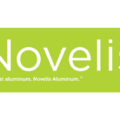

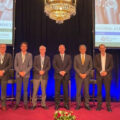

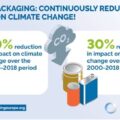
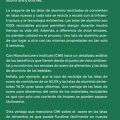
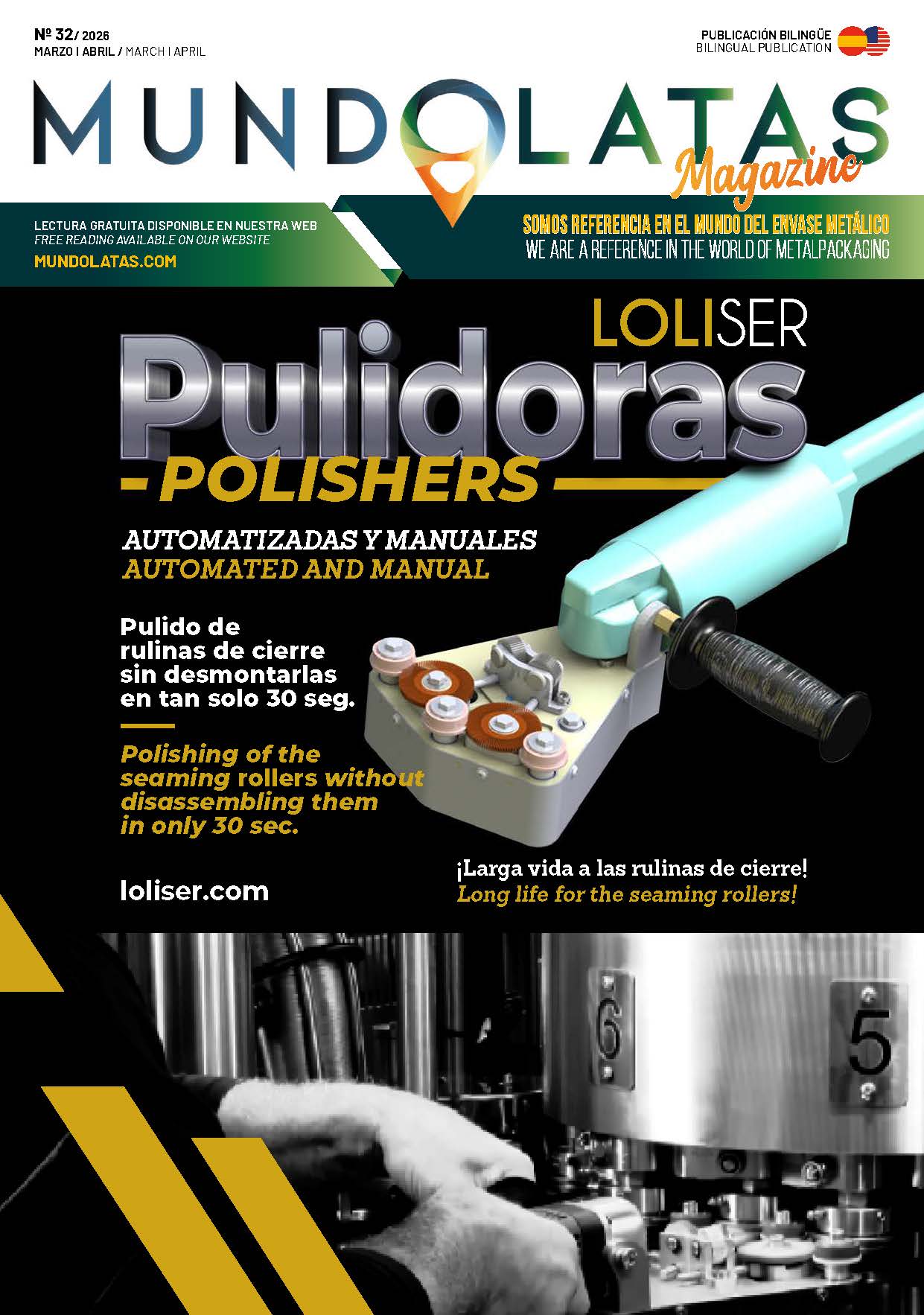


0 Comments